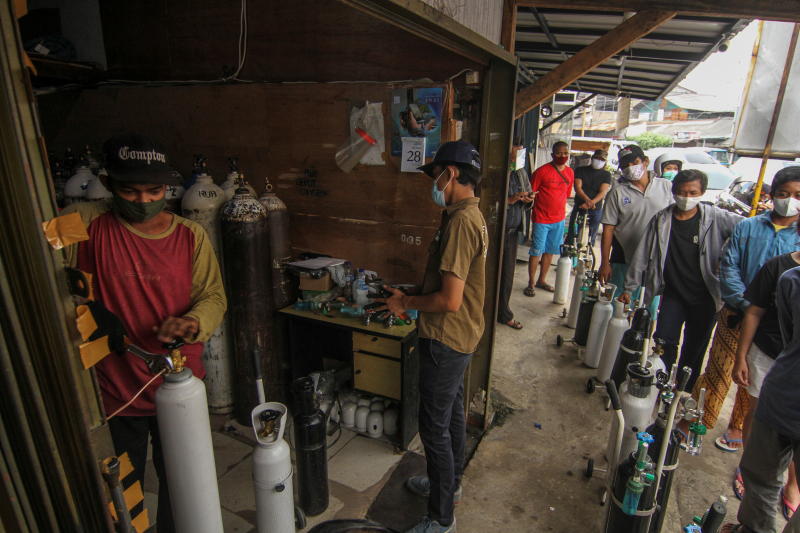×
The Standard e-Paper
Home To Bold Columnists

Many countries have tightened their restrictions to curb the spread of the Delta Covid-19 variant first detected in India, as the highly contagious virus has been reported in more than 90 countries and regions around the world.
The Delta variant, dominating the new infections recorded in South Africa, was the major contributor to the country's third wave of Covid-19 pandemic, according to Tulio de Oliveira, director of the KwaZulu-Natal Research Innovation and Sequencing Platform.